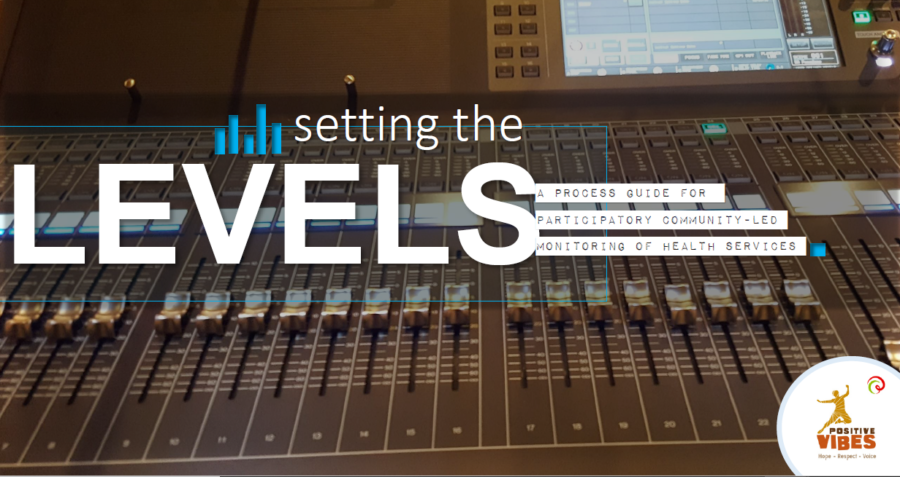Setting the Levels

Key information
- Organisation: Positive Vibes Trust
- Country: Zambia, Zimbabwe, Botswana, Namibia, Uganda
- Region: Eastern and southern Africa
- Stage of innovation: Stage 3: Pilot
- Start date: 2018
- End date: 2020
- Type of innovation: Systemic innovation: new or improved way for parts of the public sector to operate and interact with stakeholders
- Budget: US$400,000 over 24 months
- Funded by: Amplify Change (Bridging The Chasm programme)
Summary of intervention
An emphasis on sexual and reproductive health service delivery without attention to sexual and reproductive rights, and individuals having low awareness of their own human and civil rights, consistently undermines progress in delivering quality services to marginalised people and realising their sexual and reproductive rights. An artificial separation between clinical health systems and community systems, the gap between public policy and local implementation, and the delivery of public health without accountability also create challenges.
To address these issues Positive Vibes has partnered with LGBTIQ and sex work organisations in five Southern and East African countries.
The project’s pilot phase is Setting the Levels, which is a systematic methodology for community-led participatory monitoring of health facilities. The process brings LGBTIQ people and sex workers safely into contained, constructive confrontation, engagement and dialogue with healthcare workers from local clinics to share perceptions and experiences of care, and to plan for measurable improvement to increase service access and uptake.
Between 2018 and 2020, 18 facilities were engaged. Baseline data was generated on service availability, accessibility, affordability, appropriateness and accountability, against which improvements have been measured over time. From this, plans for adaptation and further monitoring have been designed and tracked.
learnings
- There was a dramatic improvement in the perceived service quality, acceptability and accessibility among health facilities that responded positively to accountability, and this led to a corresponding increase in service uptake from marginalised communities over 12 months.
- There was a stark decline in favour and approval ratings for health facilities that sustained objectionable practices, despite feedback from their patients.
- Being involved in the monitoring process has enabled and emboldened people whose voices are normally socially and structurally suppressed and marginalised. This has led to increases in people’s confidence to claim their rights and dignity.
- Populations that health workers perceive as ‘exotic’ have been demystified. In so doing, this has improved the capacity of primary healthcare to be as close to the community as possible.
- Promoting the right to participate in health leads to stronger programmes and improves people’s health. Local monitoring has led to improvements in clinical and technical practice, informed, resourced and directed by the communities being served.

